As more companies introduce return-to-office mandates, brands and employers will need to help a new class of super commuters optimise their time and maintain their work-life balance
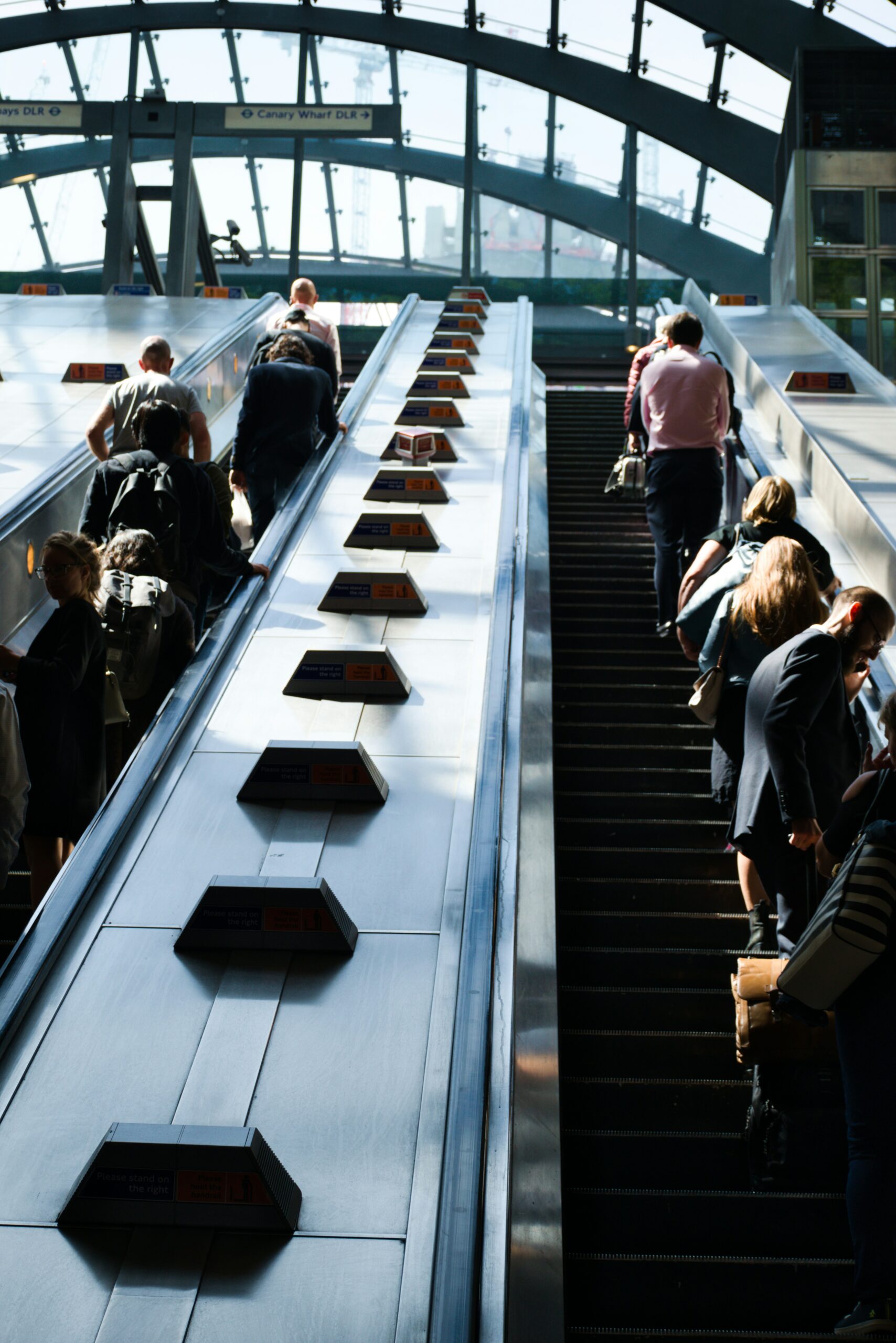
Trend Investment Projection

Need to know
Return-to-office mandates are upending lifestyle shifts made during the pandemic, with many who moved out of cities now having to travel long distances to return to them. Brands and employers will need to double down on products, services and working arrangements that support this new class of on-the-go, time-poor commuters.
Opportunity
Strategies
- Offer convenient wellness: make it easy for commuters to stick to their wellness and exercise routines during the busy workweek
- Cater to on-the-go lifestyles: design products, experiences and services that help make super commuters’ lives simpler and easier
- Help ease the financial burden: small changes and incentives can help consumers feel supported by employers
- Be flexible to create equitable workplaces: work with employees to cater to their individual working conditions and needs, to support women and families
- Relevant for: lifestyle, interiors, beauty, sports and outdoor, food and drink, hospitality and events
Proof Point
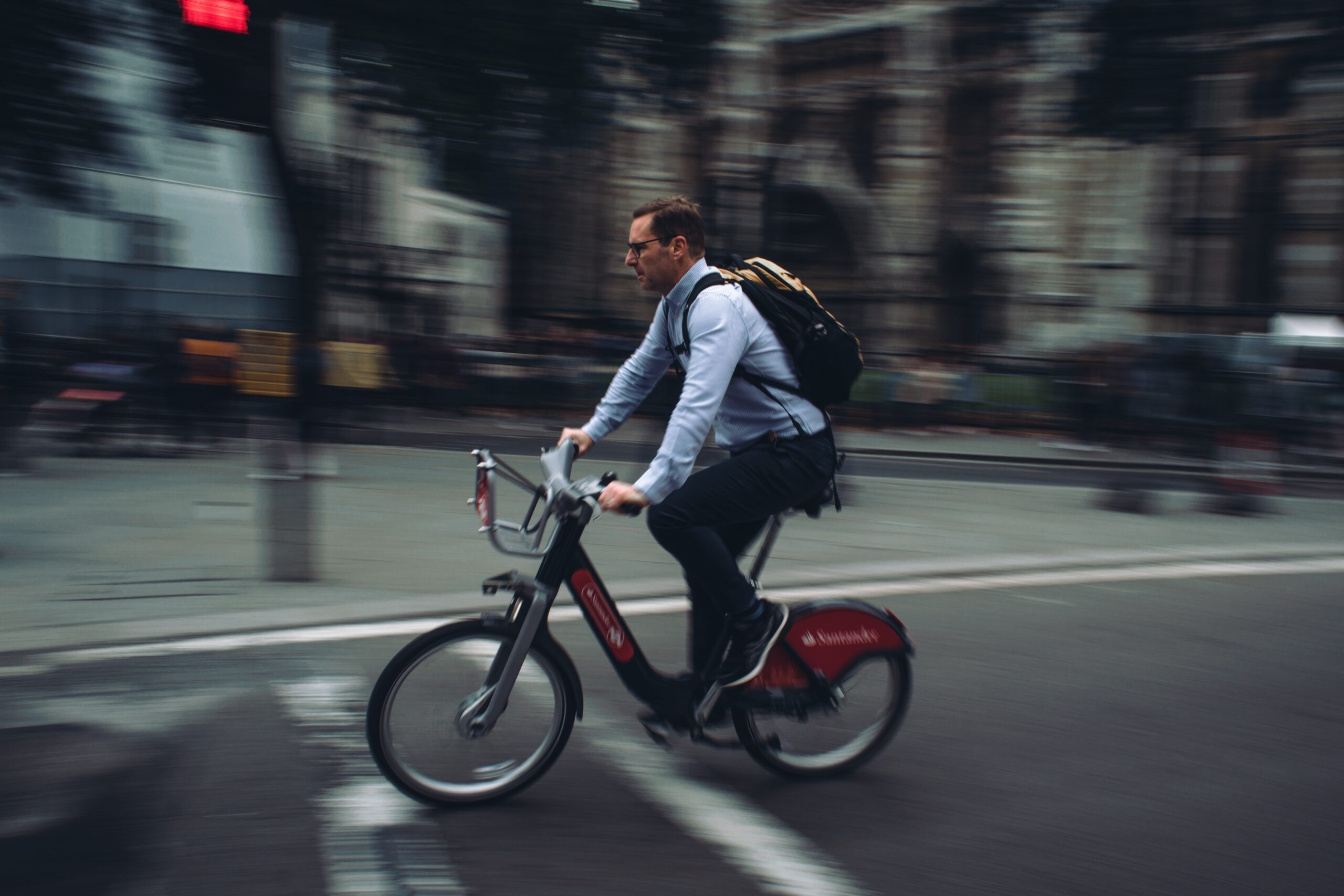
Research by UK online ticket platform Trainline found that the number of super commuters in the country (defined as those spending more than three hours getting to and from work) has doubled since before the pandemic
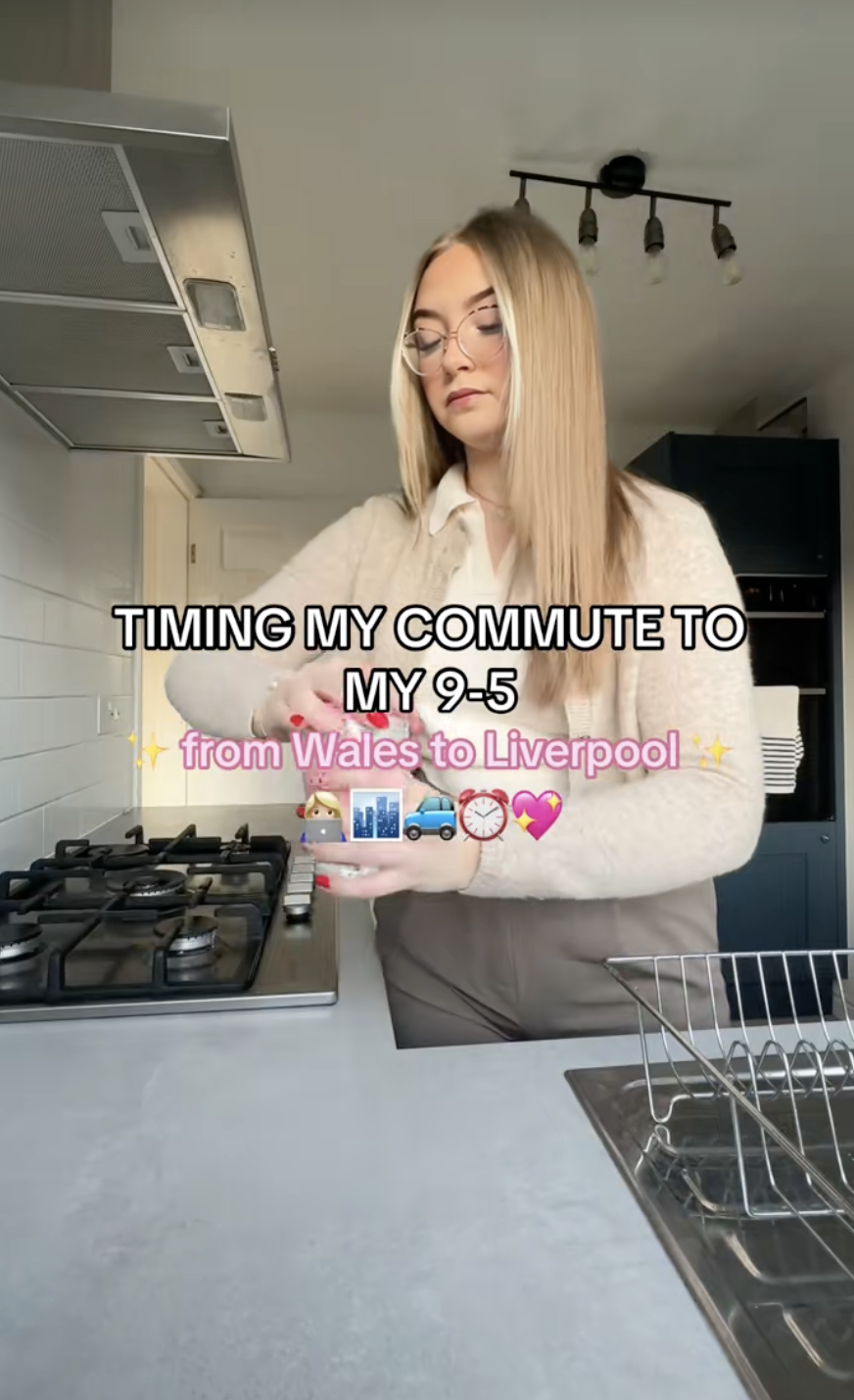
On TikTok, #commuterlife has over 65k videos documenting the experiences of super commuters all over the world, from car commuters in the southwest USA to UK WILLIES (people who “work in London, live in Edinburgh”
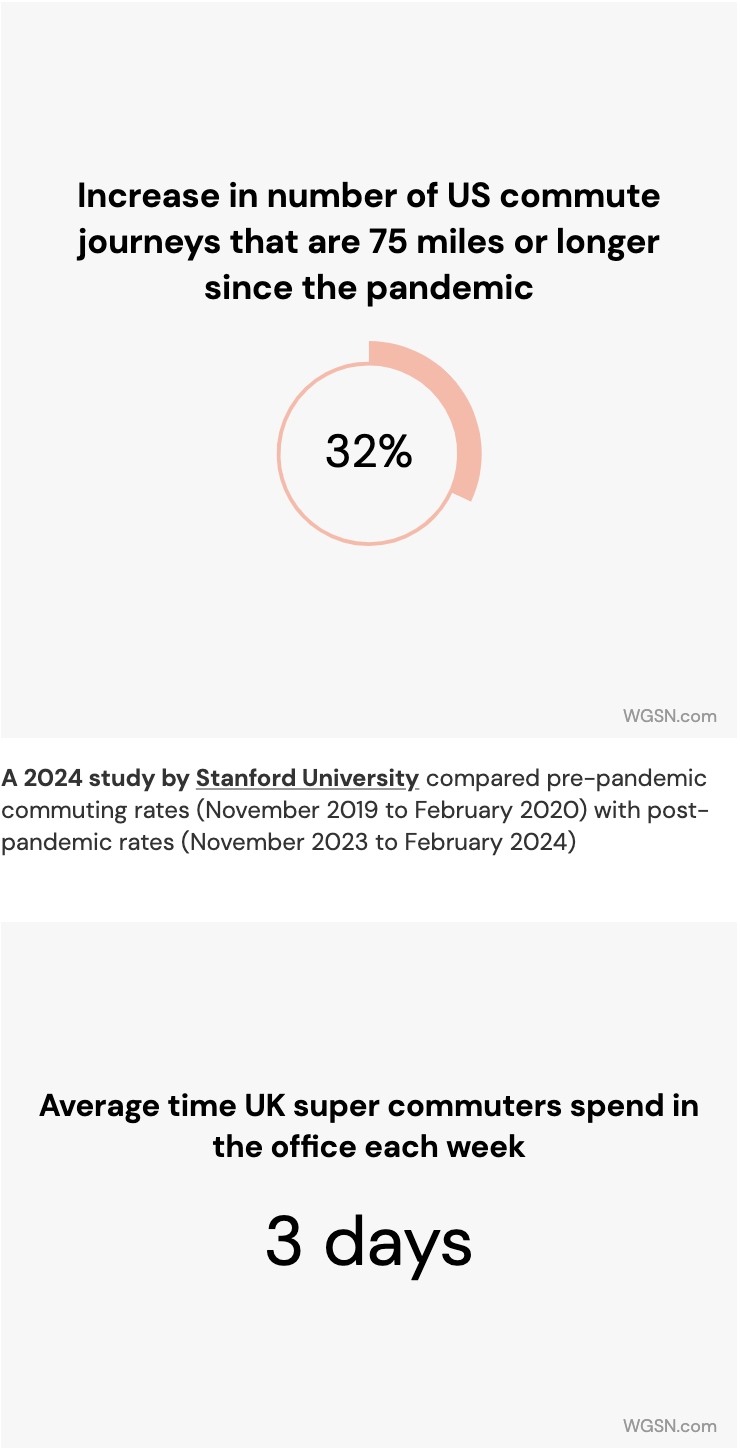
Data from Trainline found that UK super commuters spend at least two hours travelling in each direction, totalling at least 12 hours – more than an entire workday – on a train each week
Offer convenient wellness
Busy commuters will give more loyalty to employers who allow them to integrate wellness, mindfulness and exercise into their day.
- Create opportunities for exercise throughout the workday. Consider teaming up with fitness brands and wellness influencers to offer quick, daily classes. These types of brain breaks are not only good for the body but also support the digital decluttering (for example, screen breaks) that consumers are looking for. Look to Japanese sneaker brand ASICS and its Desk Break campaign, which found that incorporating a 15-minute, digital-free movement break into the workday saw a 22.5% improvement in mental state, lowered stress by 14.7%, boosted productivity by 33.2%, and improved focus by 28.6%
- Design infrastructure for healthy commutes. Increase bike and running lanes, and even clean up riverways for those who want to swim. Cycling, running and other forms of exercise have become popular and healthy ways for workers to get to work while also finding community. In Turkey, swimmers (several of whom are commuters) cross from Asia to Europe and back again as part of the Sarayburnu Fatihleri, or the Sarayburnu Conquerors, swim club
- Offer convenient wellness outlets for food, drink and supplements, making it easier for busy commuters to choose healthier alternatives to traditional commuter goods. Nine in 10 US consumers say fresh food makes them happy, and 85% of grocers are making significant investments in convenience (Deloitte)
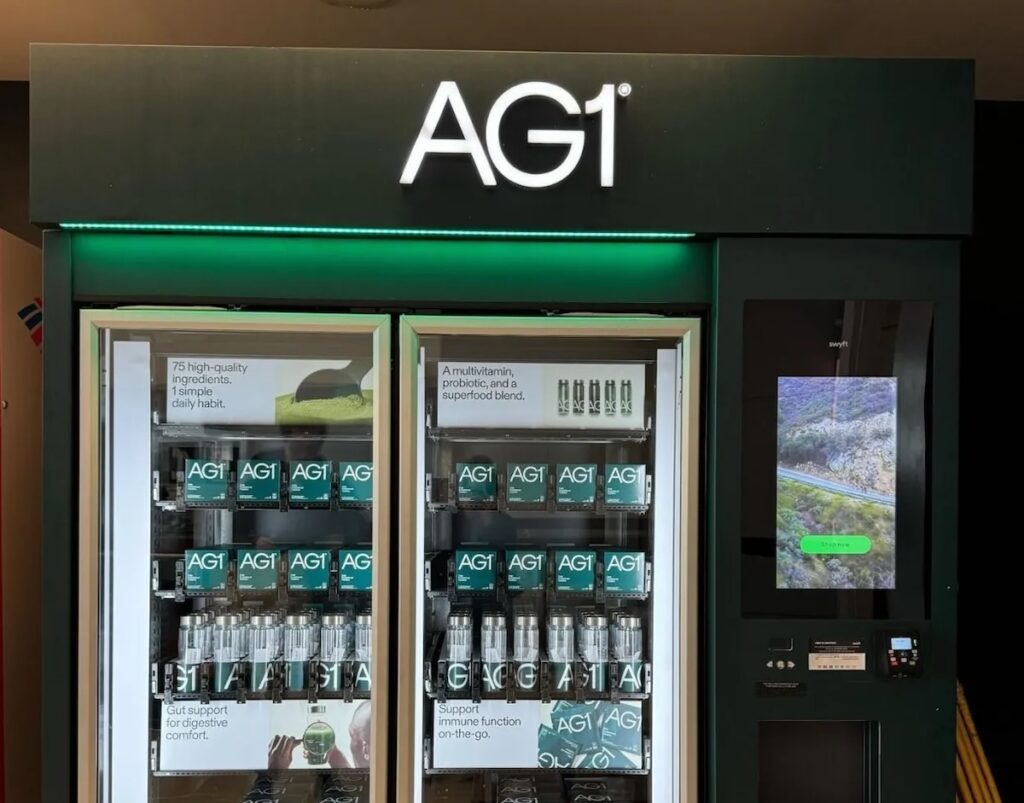
In action
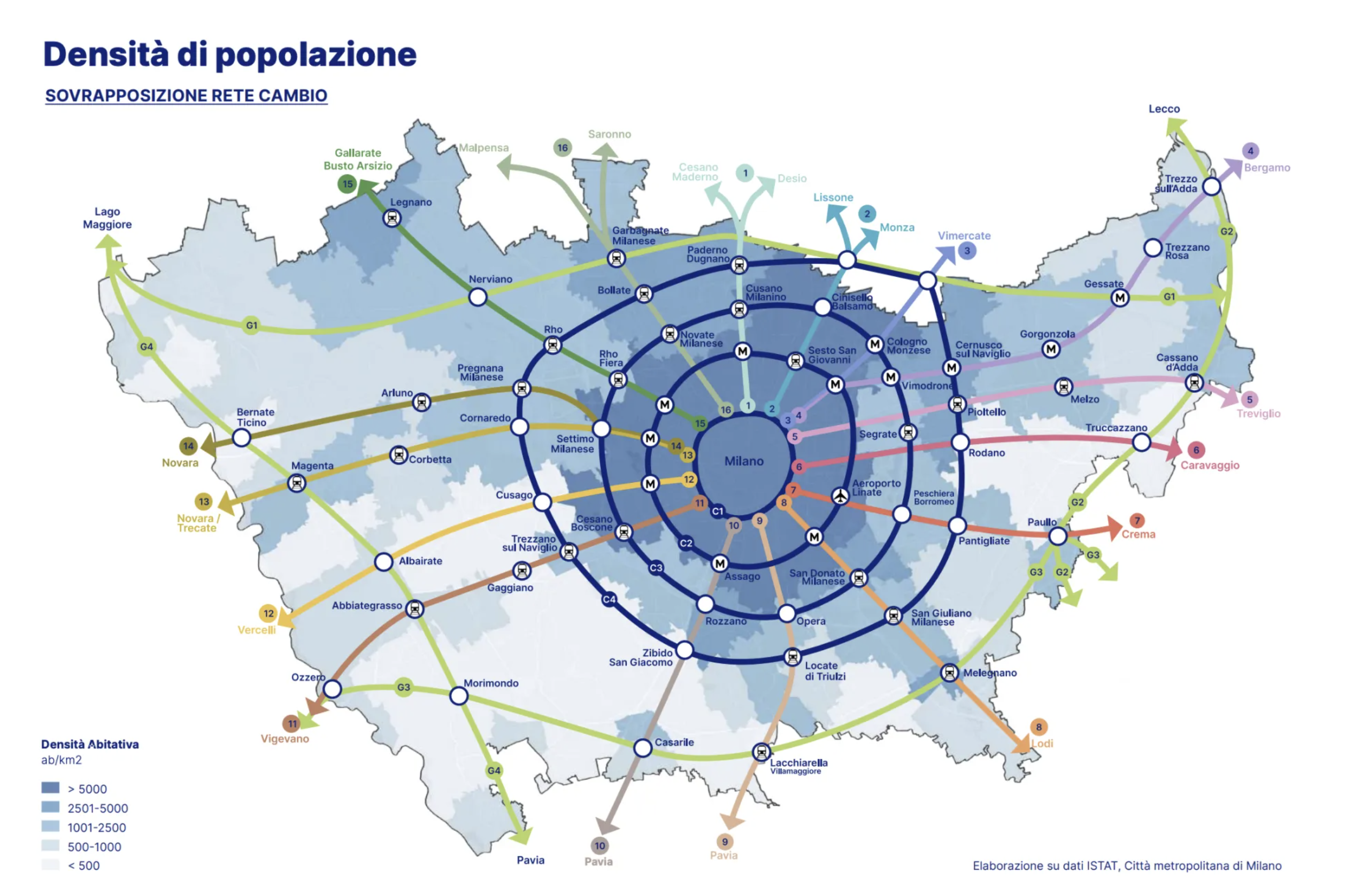
The Italian city of Milan has invested in the Cambio Biciplan, which will open up 680km of bike tracks and include super-fast lanes for commuters
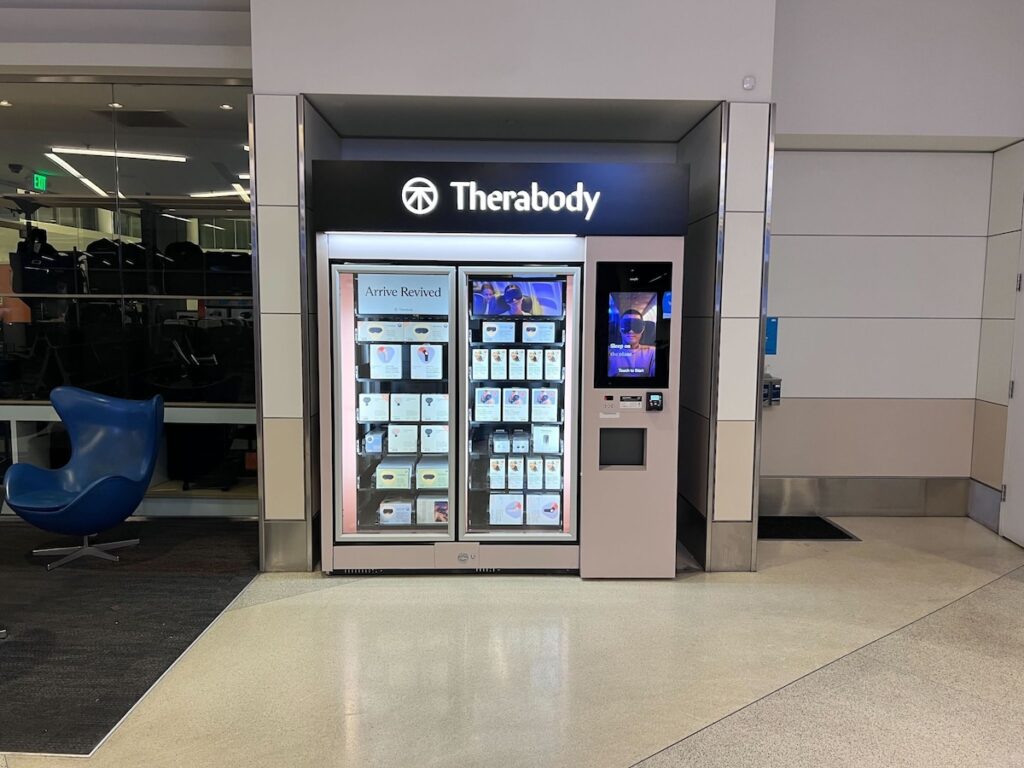
UK recovery brand Therabody installed a vending machine stocked with massage guns and other wellness products at San Francisco International Airport, tapping into the consumer desire for restorative wellness
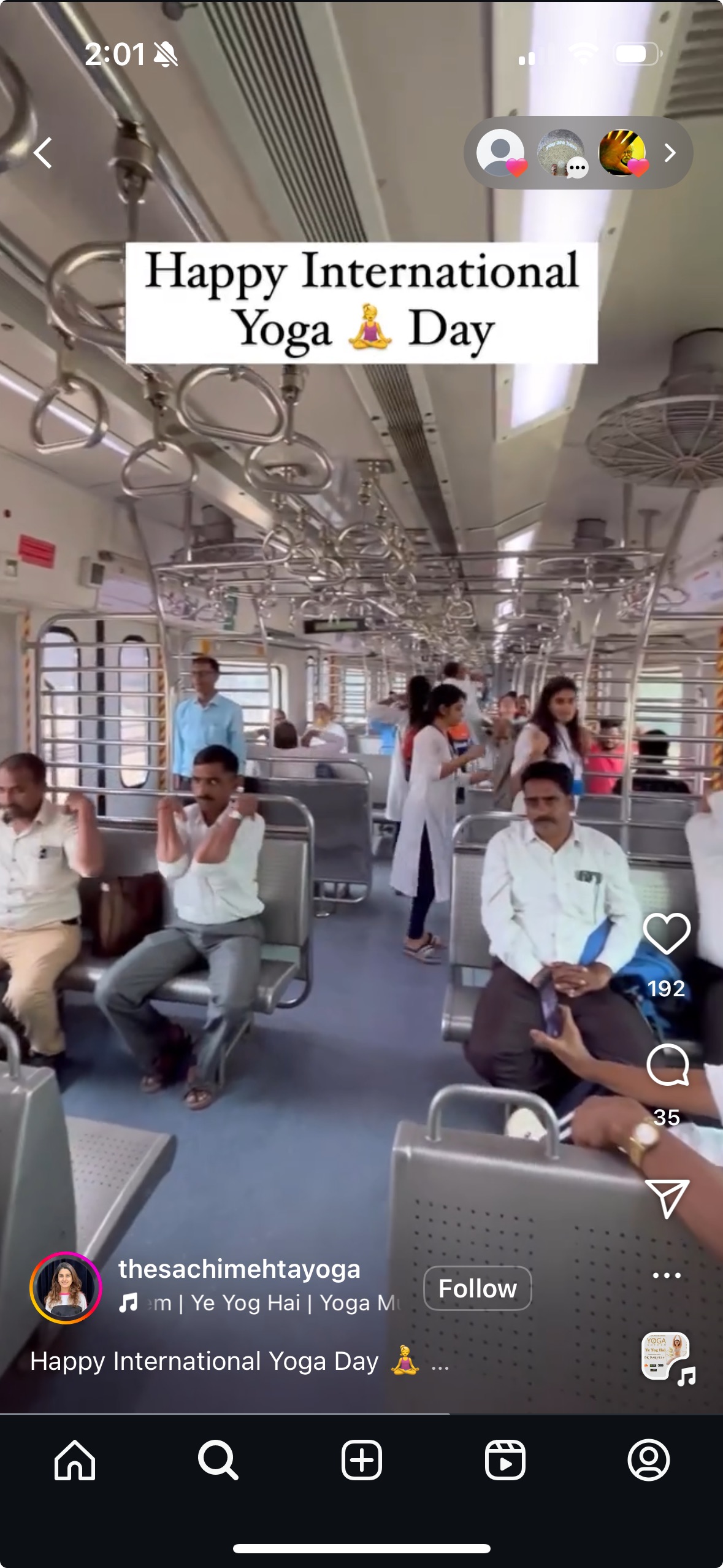
Heal-Station is a yoga initiative for commuters in Mumbai, India, where many workers spend two to three hours travelling a day. Instructors board trains and guide passengers through easy poses and micro-meditations that can be done without a mat, turning commute time into yoga time and normalising trip multitasking
Cater to on-the-go lifestyles
Make commuting trips more enjoyable for employees by creating frictionless experiences, infused with little treats.
- Don’t skimp on accessible luxury and little treats. Commuters will look for glimmers as part of their commute day, splurging on coffee, happy hour drinks and healthy lunches. For metro and train stations, team up with premium brands to create third spaces as commuter hangouts. Look to Philadelphia’s new Gather Food Hall and Bar, which will house six local vendors and an elevated bar across from 30th Street Station
- Make navigating metro stations and hubs easy with QR and wayfinding technology. Intuitive apps and location assistance can mean the difference between catching or missing a connection
- Anticipate bumps in the road and stay one step ahead of your consumer. Create curated product assortments for commuters – consider easy-to-grab toiletry bags, beauty kits and professional clothing basics to save stranded workers amid changes in weather or other on-the-road accidents that may occur

The Oculus transit hub in Lower Manhattan, New York, introduced a pilot programme to help visitors better navigate the space. QR codes reveal user-friendly maps with specific directions and photographs to help commuters and shoppers get around
In action

South Korean retailer MUSINSA has partnered with local convenience store chain GS25 to introduce fashion essentials from its private label, MUSINSA STANDARD, at over 3,000 GS25 locations nationwide – ideal for commuters who need extra pieces due to cancelled or rerouted flights

French grocery brand Carrefour teamed with travel retail brand Lagardère to roll out 150 food stores in railway stations by 2030, in an effort to simplify the daily lives of travellers and make them “more practical, useful and pleasant”
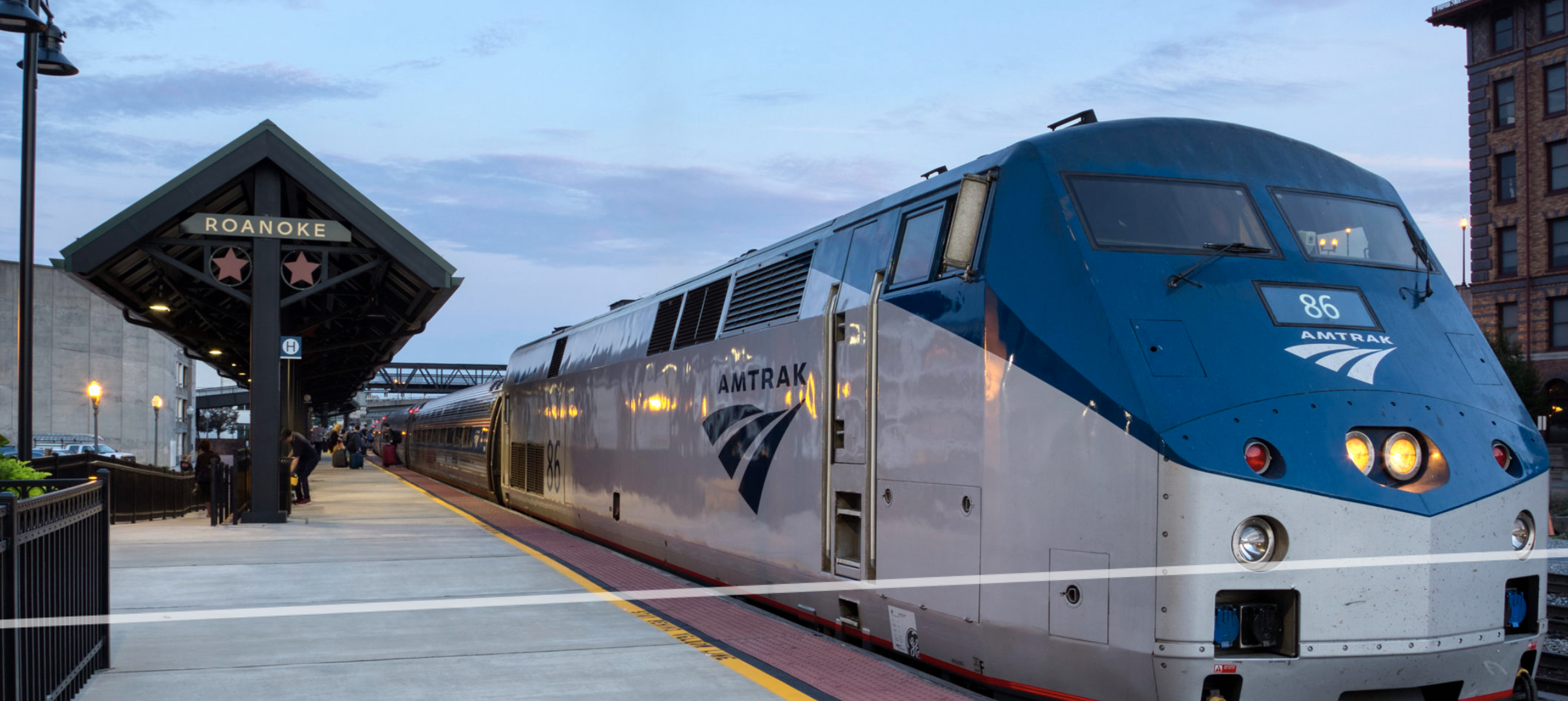
US rail operator Amtrak is investing in higher-quality local vendors for its on-train food and beverage, such as a partnership with Universe Brewing’s Brewski lager for its Virginia trains
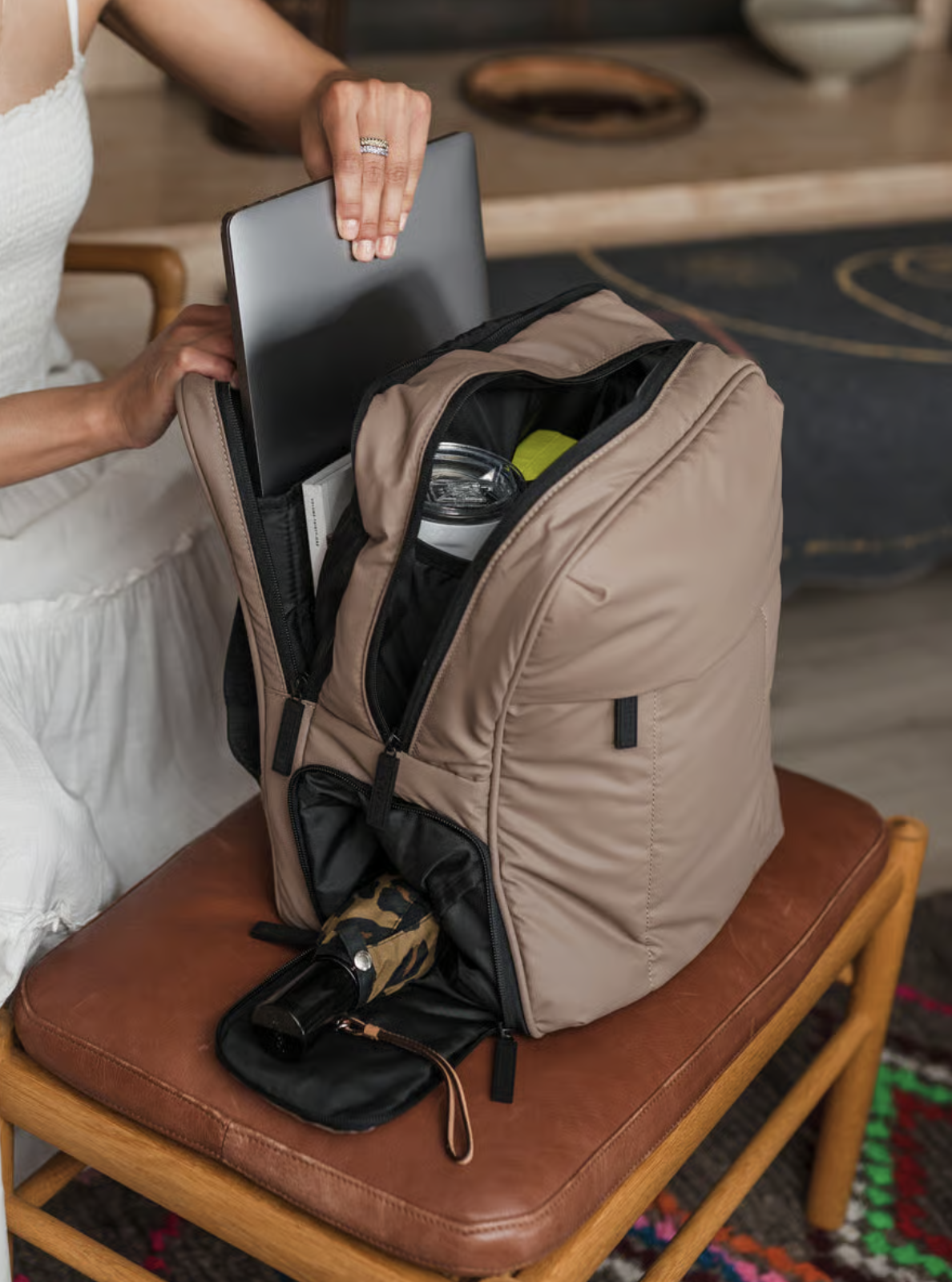
Help ease the financial burden
Though many super commute to save on housing costs, travel costs can put hardship on workers, especially during a tumultuous economic time. Small changes can help ease the burden.
- Consider adjusting compensation to keep up with rising costs of commuting and living. According to a 2024 survey of US workers by BambooHR, 43% said their employers have asked more employees to come in person, with no offers to increase pay. This, combined with the fact that 59% of employees say that compensation in comparison to inflation is the biggest influence on their happiness at work, can build distrust among workers and lead to attrition. Companies should consider the rising costs of childcare and commuting, and subsidise them in employee benefits
- Cities and governments should implement discounted ticket prices for less popular commuting days, like Mondays and Fridays, to reduce crowds and lower the impact on public transit
- Employers should team with hotels, room-share websites and other hospitality brands to find affordable overnight housing for super commuters. Offering preferred supplier status, ensuring that employees always have discounted rates, can be a game-changer for busy commuters
- Consider electric car and bike financing arrangements, where lease amounts are taken from pre-tax salaries at a discounted rate, as a way to get workers to commute more sustainably. In the same vein, increasing bike routes and cycle lanes or creating commuting carpools can help make super commutes more enjoyable for workers
- A catered lunch can go a long way in employee happiness. Employee-sponsored lunches bring differing teams together, sparking conversations and unexpected collaborations
- RBC Wealth Management has created an electric car financing arrangement with its workers, which has reduced one employee’s costs from £350 a week for trains to under £50 with a car. The company worked with Tusker, which describes itself as a “salary sacrifice car scheme provider”
- Sadiq Khan, the mayor of London, worked with Transport for London to trial all-day off-peak fares on Fridays, bringing commuters back into the city on the quietest day of the workweek
- CommuteStar, based in the San Francisco Bay Area, is an app that turns sustainable commutes into rewards. Users can earn up to $100 a year in discounts and promotions for riding a carpool, vanpool, train or bike and participating in challenges
 In the UK, Monday to Friday, is a service that matches workers with spare rooms during the workweek. Founder Judy Niner told the FT: “People coming back to the office are tending to stay for fewer nights — three or even just two nights a week is common, whereas it used to be four or five. They seem to want to pack their office work into as short a period as possible and get out of the city and home”
In the UK, Monday to Friday, is a service that matches workers with spare rooms during the workweek. Founder Judy Niner told the FT: “People coming back to the office are tending to stay for fewer nights — three or even just two nights a week is common, whereas it used to be four or five. They seem to want to pack their office work into as short a period as possible and get out of the city and home”
Be flexible to create equitable workplaces
To retain employees and make return-to-office mandates work for all, businesses will need to take a flexible approach, considering the unique and varying needs of super commuters.
- Apply flexibility to working hours and consider making the commute part of the working day. With Wi-Fi and hotspots available on most modes of transportation, employees can work while commuting, opening up additional working hours
- Accept individual preferences, taking into consideration personal working styles, job type, commute time and family responsibilities. Female workers, in particular, are the most negatively impacted by return-to-work initiatives. Tailoring working hours to fit personal needs can help keep employees satisfied and maintain your talent pool. Conduct regular surveys and create a feedback loop so that employers can understand individual circumstances
- Design equitable policies. Teams should have equal opportunities, no matter where they are located. Avoid proximity bias, being sure not to favour in-office workers when considering promotions, setting meetings and hosting events. Create a company culture that exists in-office and remotely so that all employees are included
- German workplace management software company Flexopus makes it easy for employers and employees to manage desk sharing, meeting room bookings, parking and visitors, ideal for companies with a large hybrid workforce
- For seven years, Equileap, an independent expert on gender equality, diversity and inclusion metrics, has recognised L’Oreal Paris as one of the most gender-inclusive companies to work for in Europe. Equileap ranks companies on their gender balance in board, executive, senior management and overall workforce positions, as well as gender pay gap and flexibility

